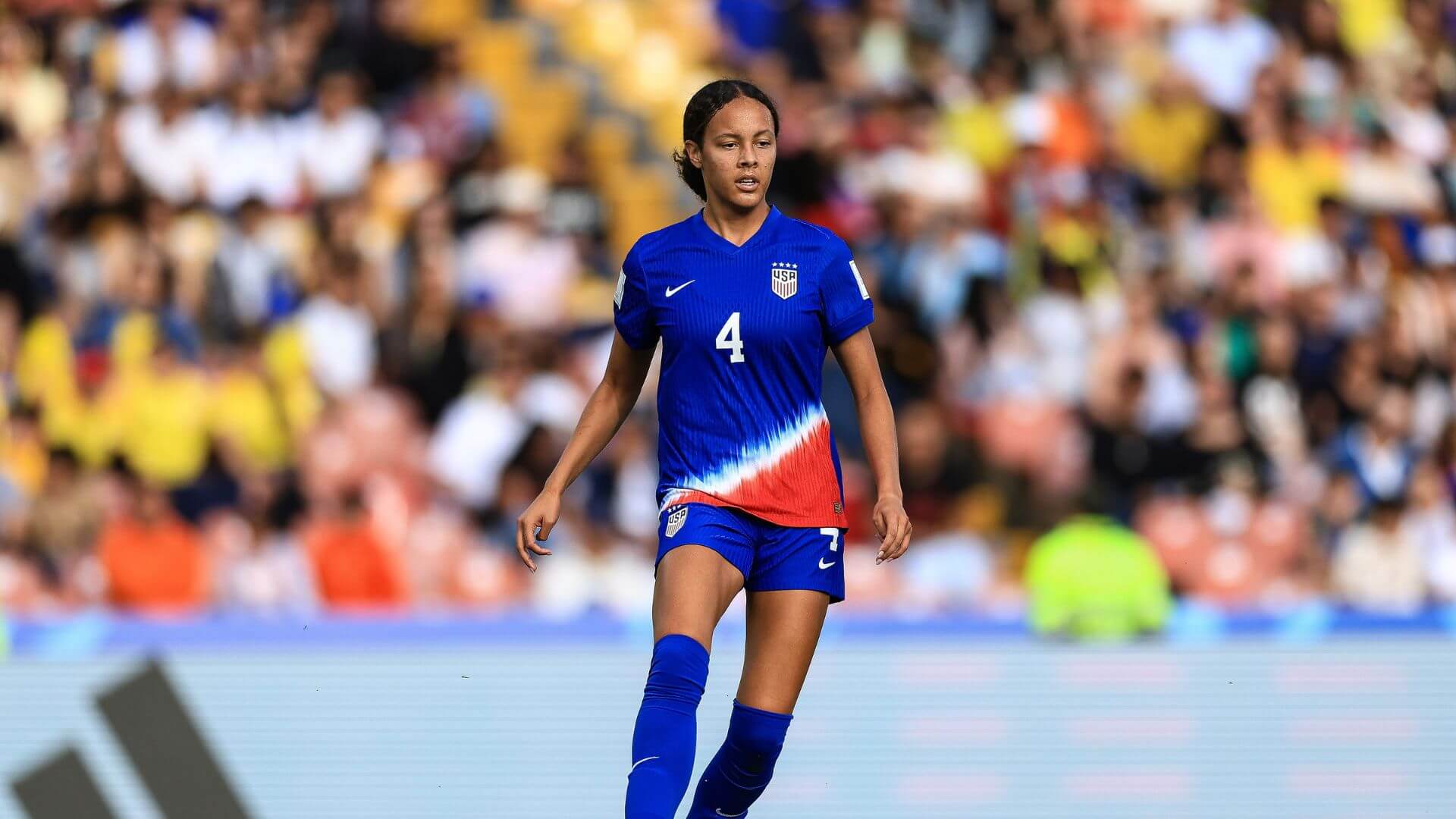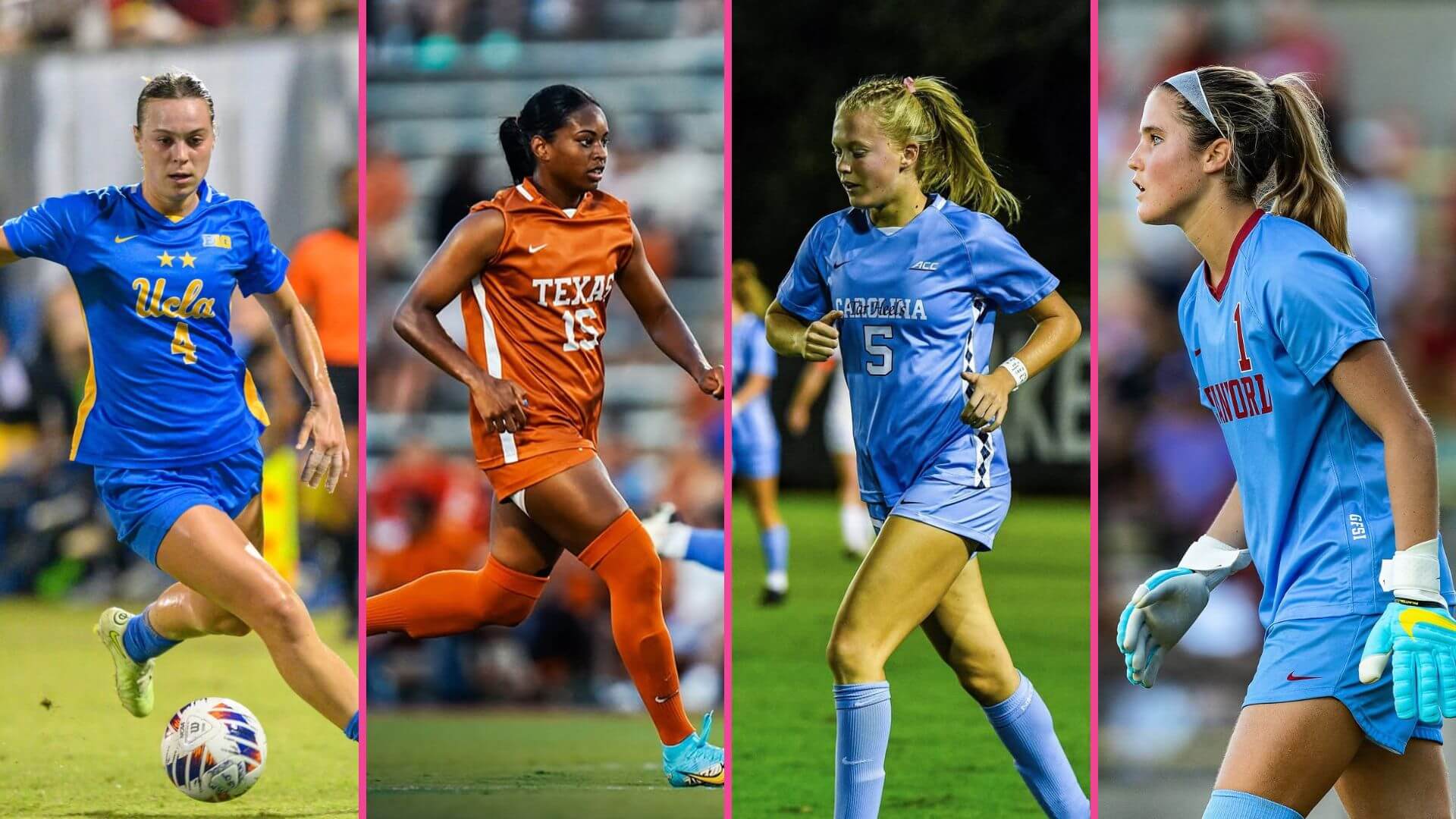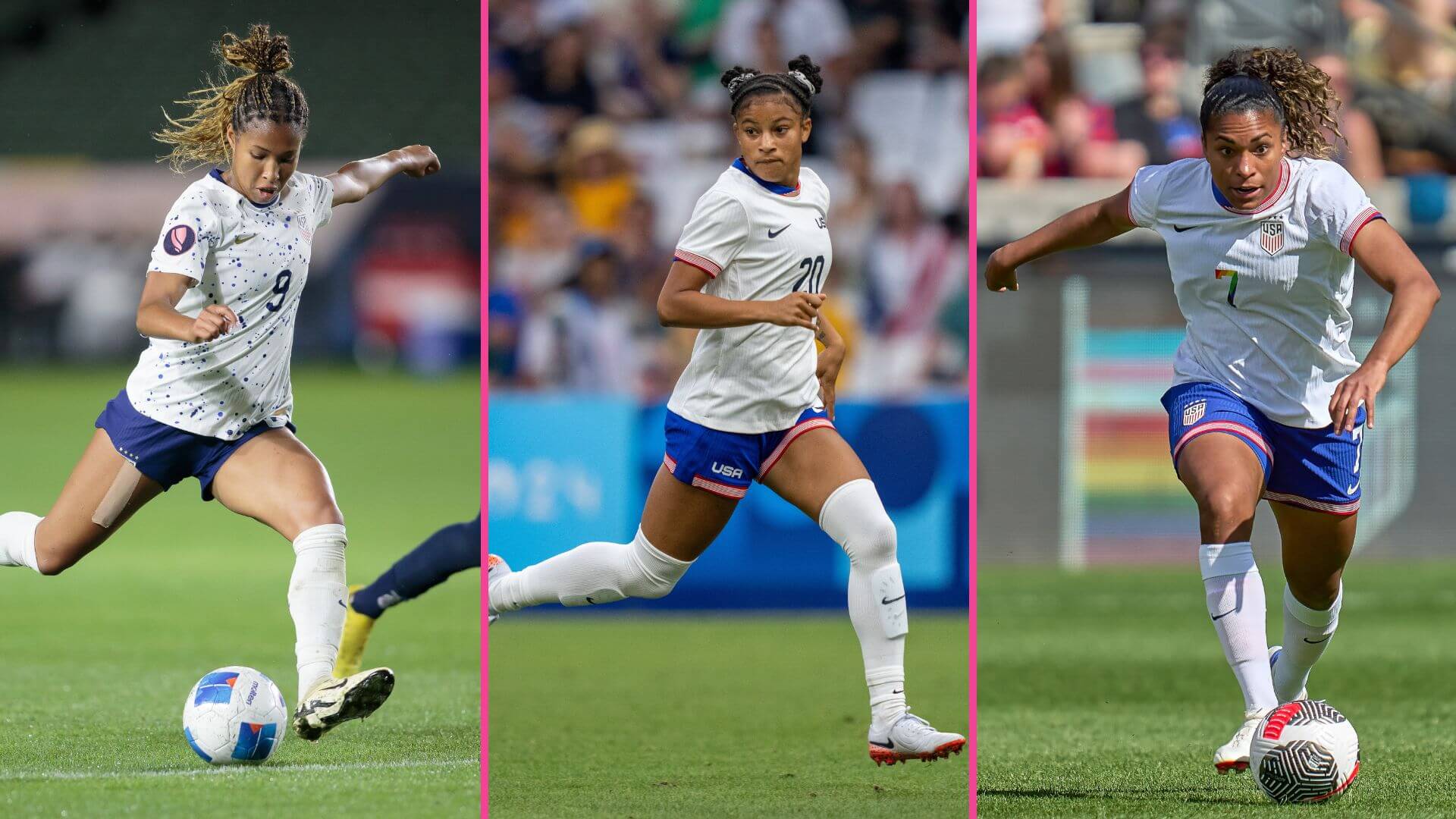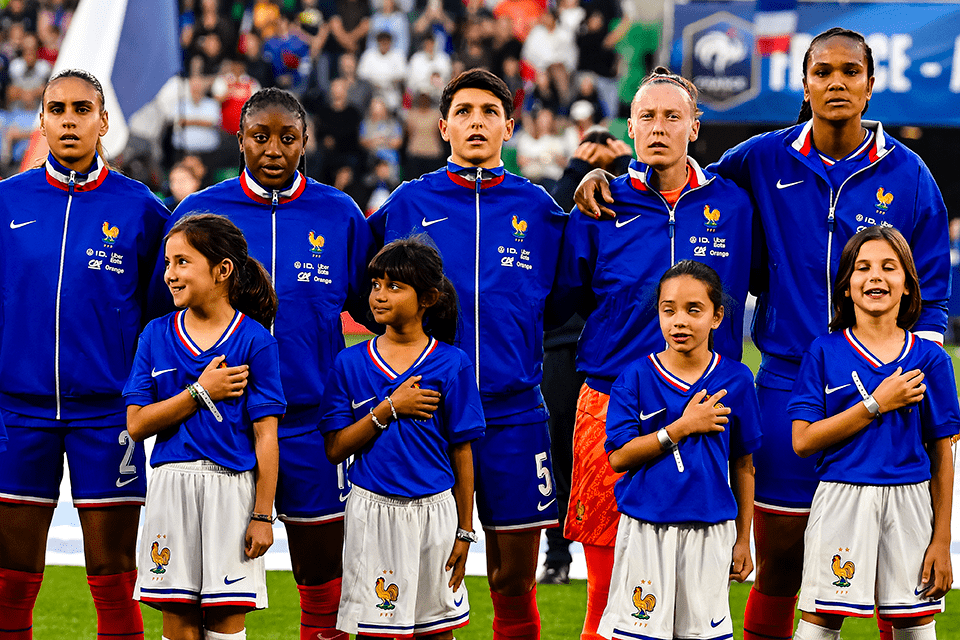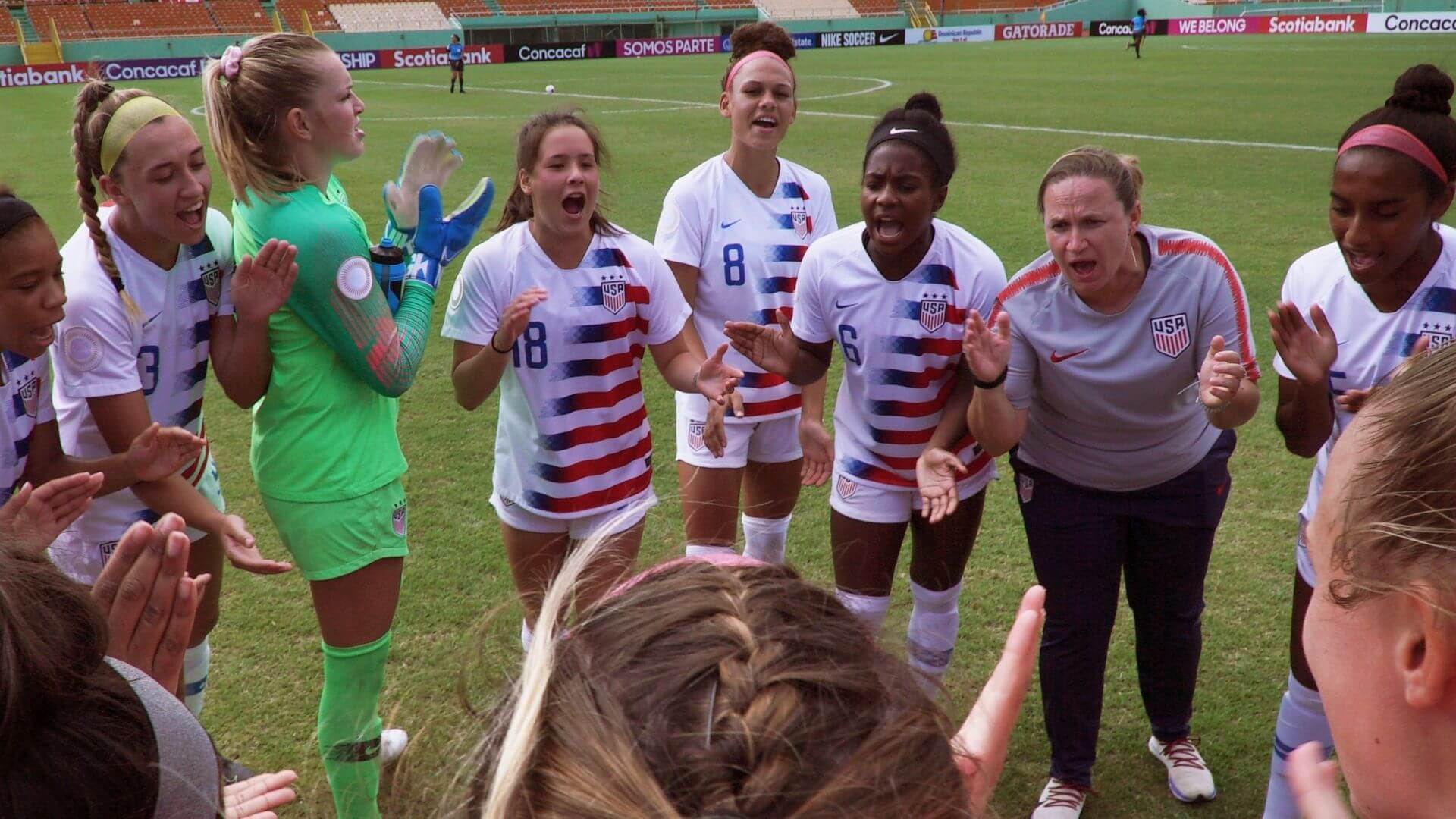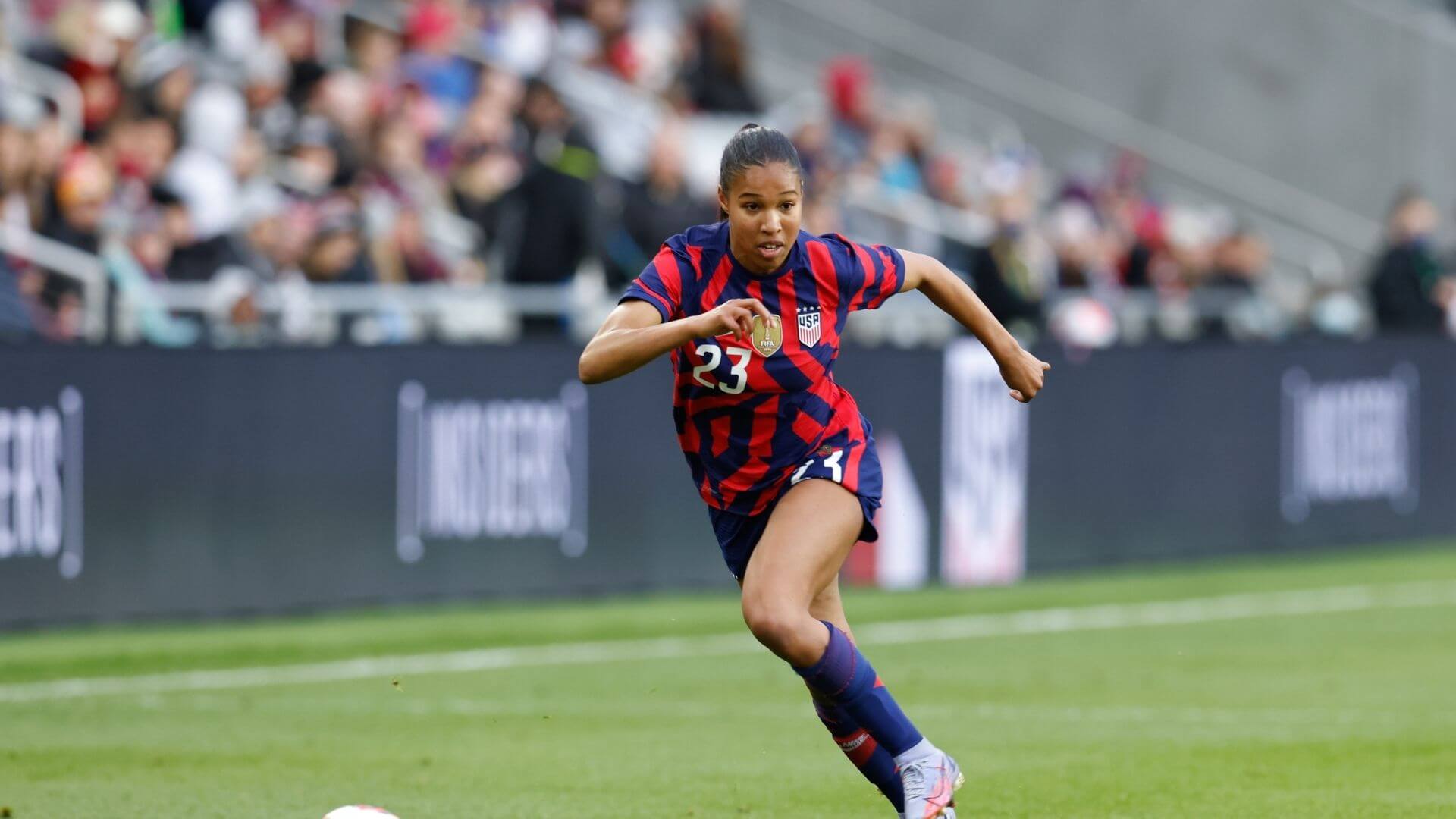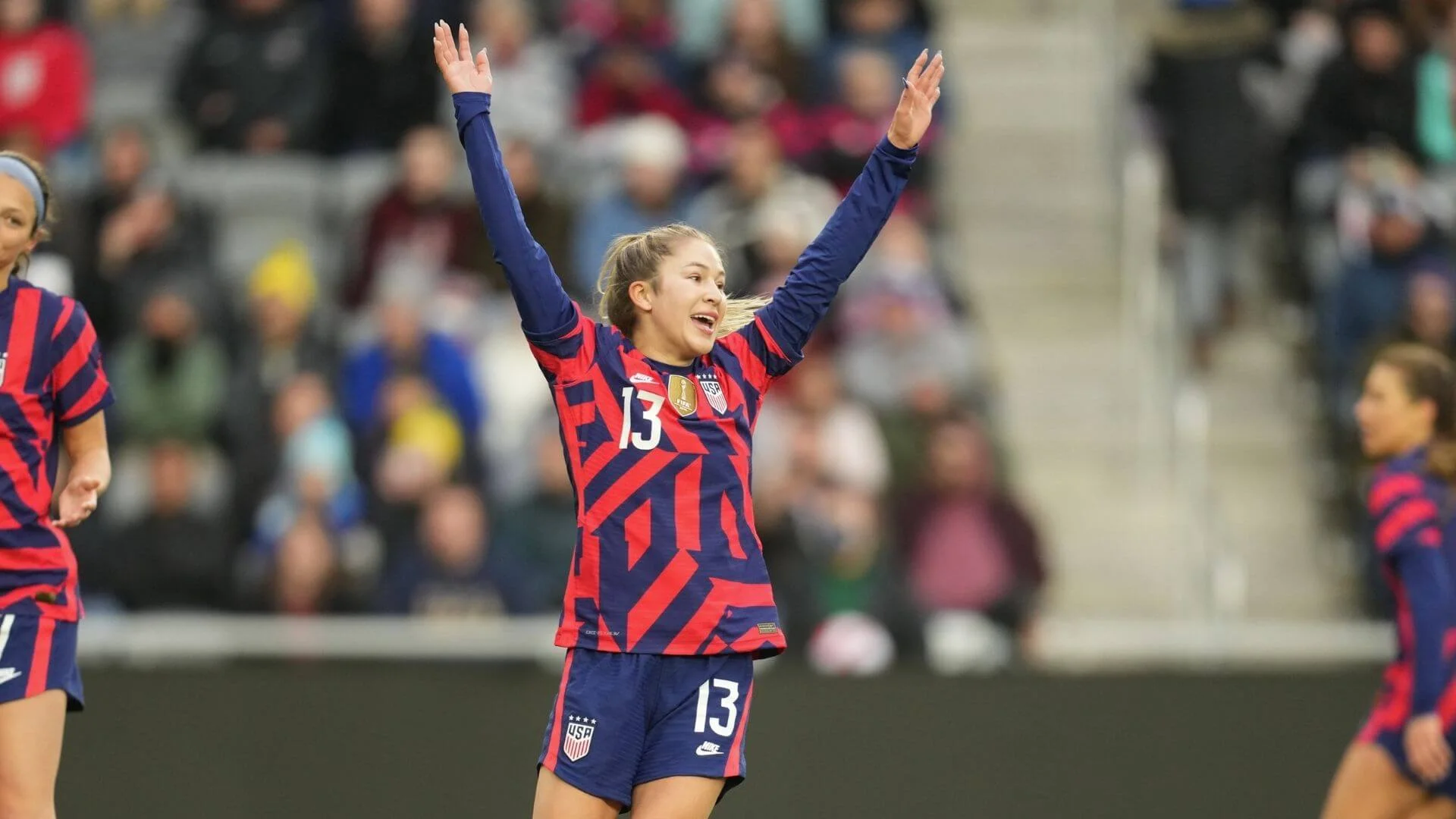The Status of Equal Pay for Women Soccer Players Worldwide
Gender pay equity continues to be problematic in the soccer world. Although the USWNT has brought attention to the equal pay issue, mammoth leaps are needed to close the gender gap. Though some international federations are making progress, the gains are minimal.
Pay equity results from four main factors: pay disparity in professional leagues, base pay inequality within national federations, FIFA World Cup prize money, and gender bias. Here’s a look at the status and what’s being done for equal pay worldwide.
Pay Disparity in Professional Leagues
Professional soccer leagues notoriously underpay women players.
The 2021 National Women’s Soccer League minimum player salary is $22,000, while the maximum salary is $52,500. By NWSLPA estimates, approximately 75% of NWSL players earn $31,000 or less. In comparison, the average salary for male soccer players in the MLS is $398,725 for the 2021 season.
However, the pay gap outside the United States is more expansive. For example, England’s top-tier league, the Women’s Super League, pays a minimum salary of approximately £20,000. Top players in the Women’s Super League can earn up to £200,000 a year.
The average Premier League salary was more than £3m according to the Global Sports Salary Survey in 2019, with top players earning substantially higher salaries. And this disparity is the trend throughout professional leagues in Europe.
Base Pay Inequality Within National Federations
The Football Association of Ireland became the latest federation to pay women and men equally to appear in national games. Ireland men players agreed to reduce their international fees, so the FAI could pay women players more to achieve pay equality. As a result, Ireland became the seventh team, joining Australia, the Netherlands, Norway, New Zealand, England, and Brazil to equalize match fees.
Unfortunately, equal pay among seven international teams is woefully low, considering FIFA lists 168 teams eligible to compete for the World Cup.
In recent news, the U.S. Soccer Federation has requested that the USWNT and USMNT equalize their World Cup prize money. This request creates a revenue-sharing structure and combined investment at the highest level of U.S. soccer, which is a step in the right direction in the face of the World Cup prize money.
FIFA World Cup Prize Money
Perhaps the most challenging issue is World Cup prize money. Unequal World Cup prize money is a significant factor that maintains the status quo in the gender pay gap.
FIFA, soccer’s global governing body, distributes bonus money to teams that play in the World Cup. In the 2018 men’s World Cup, the prize pool was approximately $400 million.
France earned $38 million out of $400 million of the prize money from FIFA for winning the cup. In comparison, the USWNT, winner of the 2019 women’s World Cup, earned $4 million from a $30 million pot.
FIFA proposed doubling the women’s prize for the 2023 women’s World Cup to a pool of $60 million. Nonetheless, the increase is minimal.
Gender Bias
Many pundits believe that women players don’t garner enough popularity or profit to justify equal pay with male soccer players. The belief is that women should only receive equal pay when they bring in equal revenue, even though the USWNT brought in $50.1 million in game revenue from 2016 to 2018 while the USMNT brought in $49.9 million. Justifying beliefs does not provide reasons for pay inequality.
Gender prejudice or commonly held views from male leadership perpetuates the disproportionate pay among men and women.
What’s at Cost?
The cost of pay inequality is more than financial. Pay inequity limits career opportunities for women. More often than expected, professional women’s soccer players have to find side jobs or retire from soccer altogether to make enough money. Additionally, the pay gap disregards women’s contribution to soccer, disrespecting both girls and women worldwide. If women’s soccer is to grow in scope for the international soccer community, equal pay is necessary.
Featured image via Getty Images
_
GIRLS SOCCER NETWORK: YOUR SOURCE FOR GIRLS SOCCER NEWS




